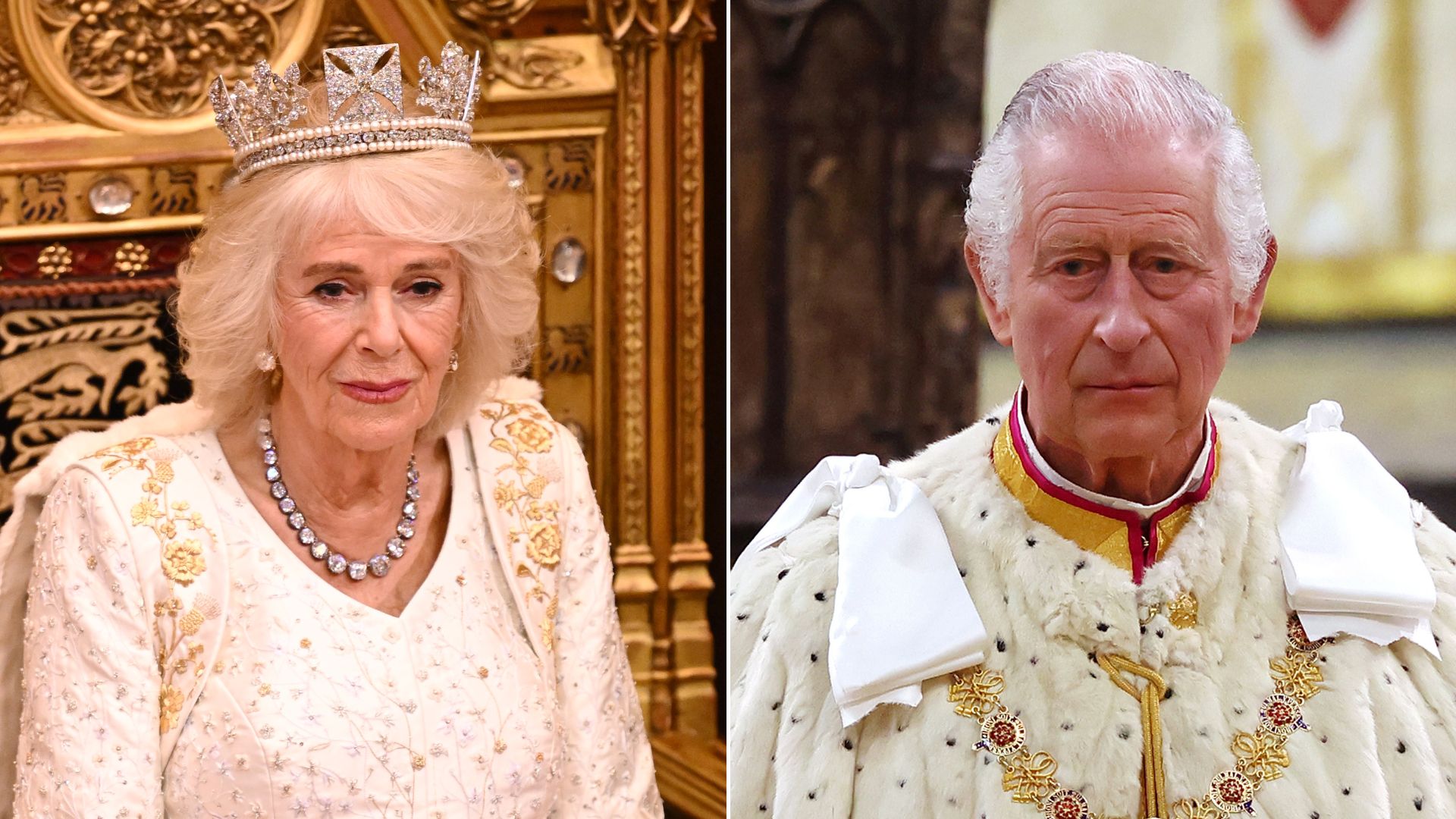
"Will Queen Camilla succeed King Charles and what power does she have?" are questions you might find yourself wondering if you're a royal fan - but there are strict rules that govern this you need to know about.
In just a few months' time the first anniversary of King Charles and Queen Camilla's coronation will come around and it might well be recognised by the couple on social media in some way. When His Majesty first ascended the throne, Queen Camilla was primarily known by her official Queen Consort title. As time has gone on, the ‘Consort’ part is no longer frequently used and more people are aware of the distinction between Queen Consorts and Queen Regnants.
However, that doesn’t mean some aren’t still curious about whether Her Majesty’s role could evolve even more in the future. As she continues to undertake her packed schedule of engagements, we have all the details about whether we could ever see Queen Camilla succeed King Charles on the throne and what power she has now as part of the Royal Family.
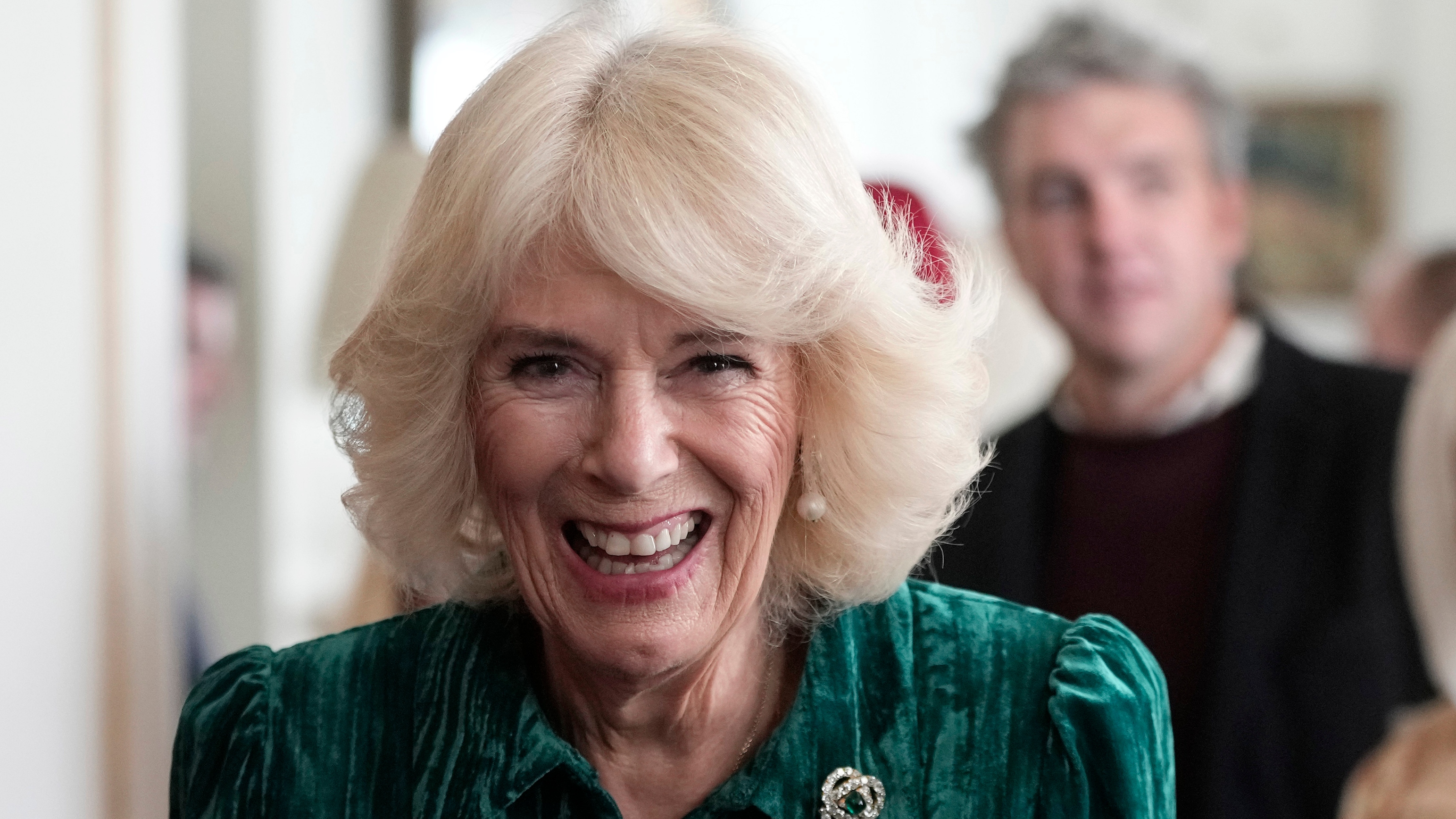
Will Queen Camilla succeed King Charles?
Queen Camilla won’t succeed King Charles as monarch and he will be succeeded by Prince William, who is first in the royal line of succession. She is a Queen Consort which is very different to a Queen Regnant which the late Queen Elizabeth was. Queen Camilla doesn’t rule in her own right but is the wife of the ruling monarch and because she has married into the Royal Family, her rank, title and powers are all linked to King Charles and his position.
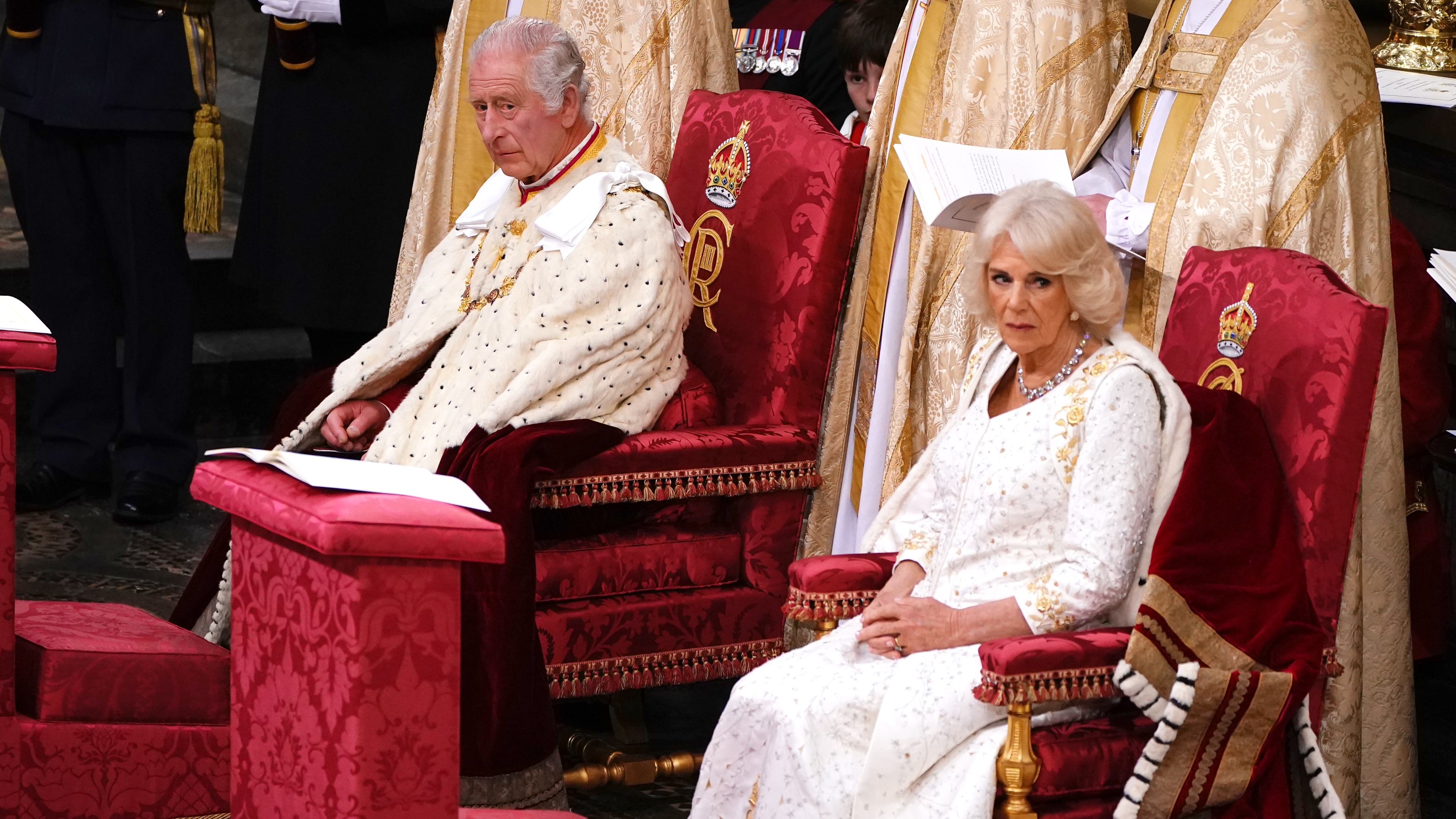
When King Charles passes away at some point in the future, if he leaves Queen Camilla widowed then she will become the Dowager Queen or Queen Dowager and not Queen in her own right. For the same reasons, the Princess of Wales could never succeed Prince William. Their eldest son Prince George will follow his father as King instead, keeping to the royal line of succession.

If she ends up becoming a Dowager Queen one day, it’s likely that Queen Camilla would continue to attend major occasions like weddings, church services and Ascot alongside her fellow royals. It’s also possible that she could support Prince William as King with certain appearances in light of her extensive experience as a senior royal.
Can Queen Camilla ever take the throne?
She might be Queen but there’s no way that Queen Camilla would ever take the throne thanks to the royal line of succession. Even if a Regent was appointed for King Charles at any point in the future - and there are strict rules surrounding this - it would be Prince William who is named Regent as he is next in line to the throne.
Does Queen Camilla have any power as a royal?
Queen Camilla has limited power as a royal compared to King Charles, but that doesn’t mean that she has none at all as Queen Consort. Her Majesty has a unique position within the Royal Family as she is one of only five people who could act if they feel that a Regency is needed at any point and no other royals have this power to make this judgement.
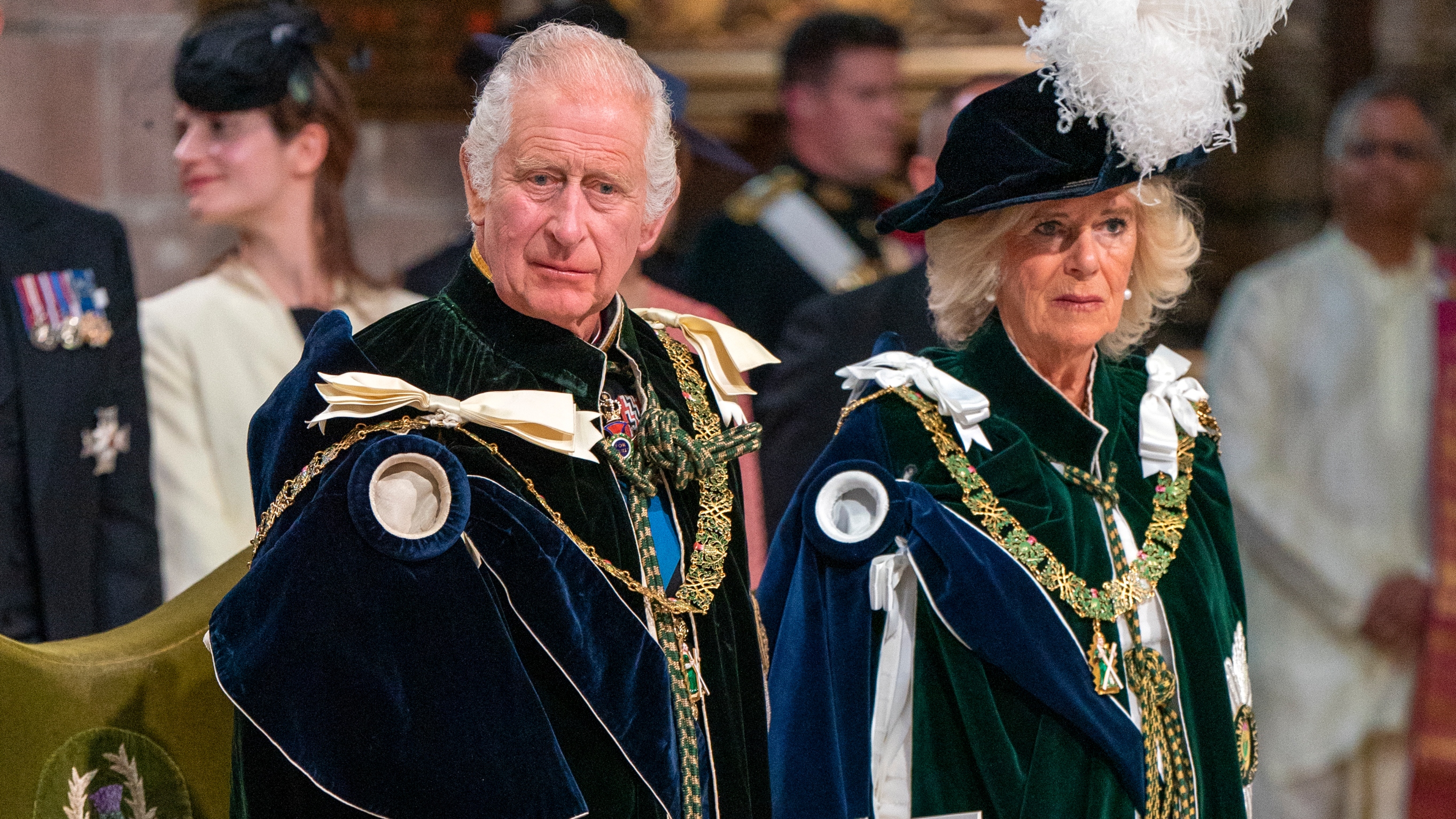
She as the King’s wife, as well as the the Lord Chancellor, the Speaker of the House of Commons, the Lord Chief Justice of England, and the Master of the Rolls, are the ones who could declare in writing that they are satisfied with evidence that the Sovereign is incapable for the time being of performing their “royal functions” or that they’re satisfied by evidence that for “some definite cause” the King isn’t available to perform these functions.
As per Legislation.gov.uk, under the Regency Act 1937 at least three of the five have to agree and declare in writing for a Regent to be appointed.
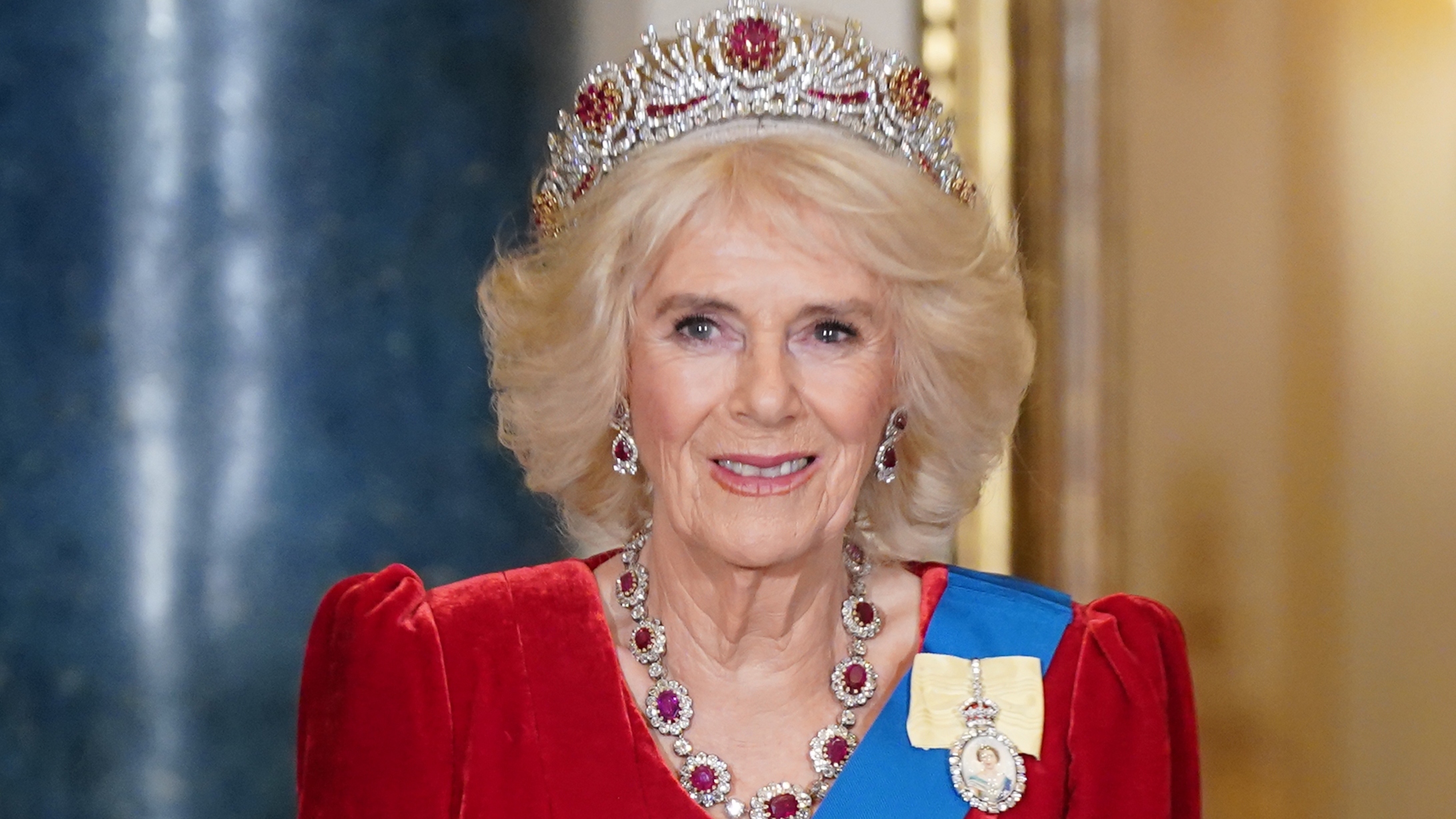
Queen Camilla would be unlikely to be named Regent herself in this case as she’s not in the line of succession, but this is a huge responsibility as Queen Consort nevertheless. As his wife, Queen Camilla is also a Counsellor of State to King Charles, alongside the four royals highest in the line of succession over the age of 21 who are Prince William, Prince Harry, Prince Andrew and Princess Beatrice.
The Royal Family website has revealed that two or more Counsellors of State can be authorised to carry out most of the monarch’s official duties as Sovereign on a temporary basis “due to illness or absence abroad”.
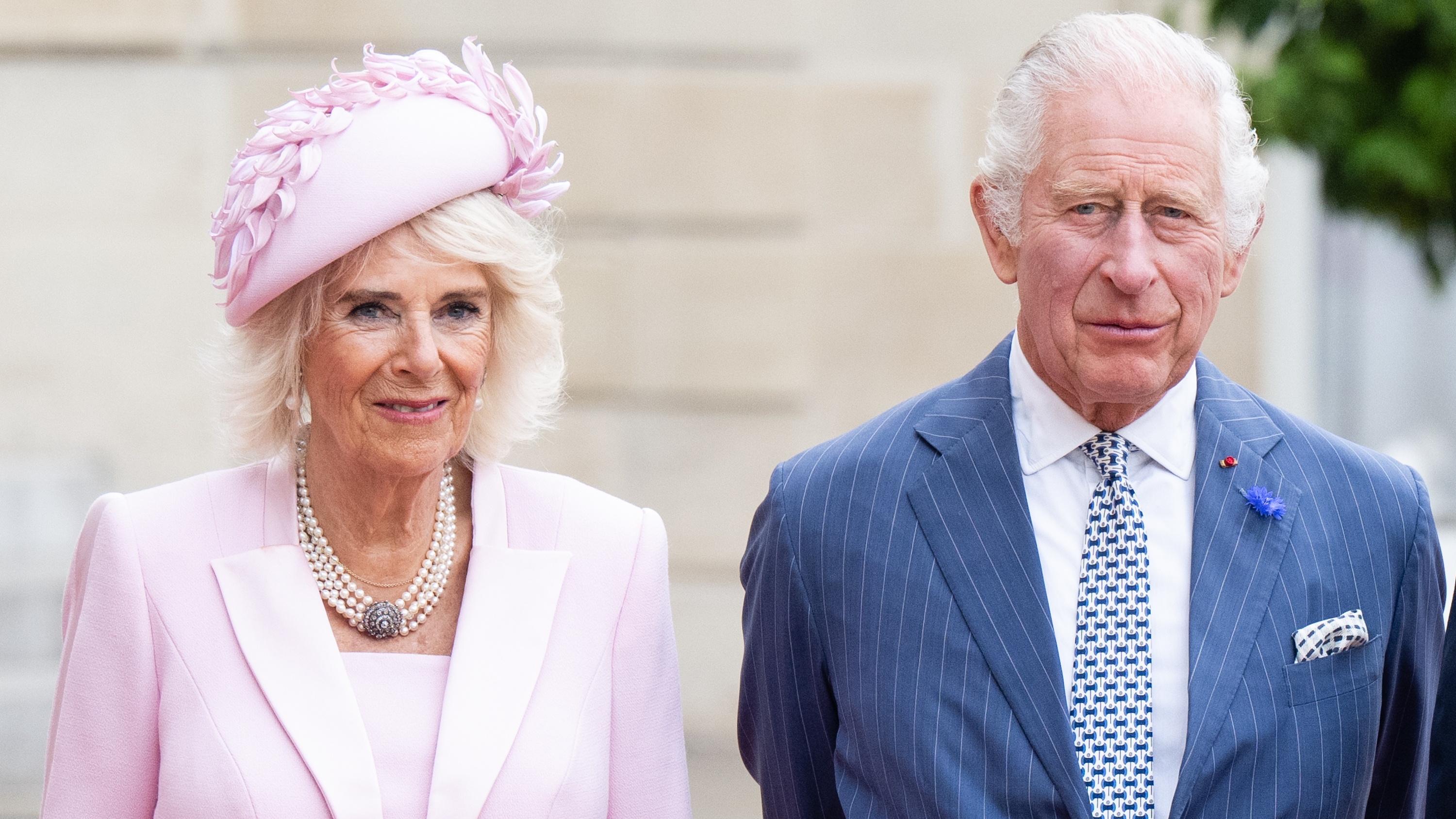
These duties include signing routine documents and attending Privy Council meetings, but there are also plenty of constitutional functions that Counsellors cannot have delegated to them. Whilst no Counsellors of State have been appointed in King Charles’s reign, Queen Camilla’s position as a Counsellor of State is still a very important one.
It’s understood that she also has the power to undertake certain engagements or appearances on behalf of King Charles if he asks her to as well.







